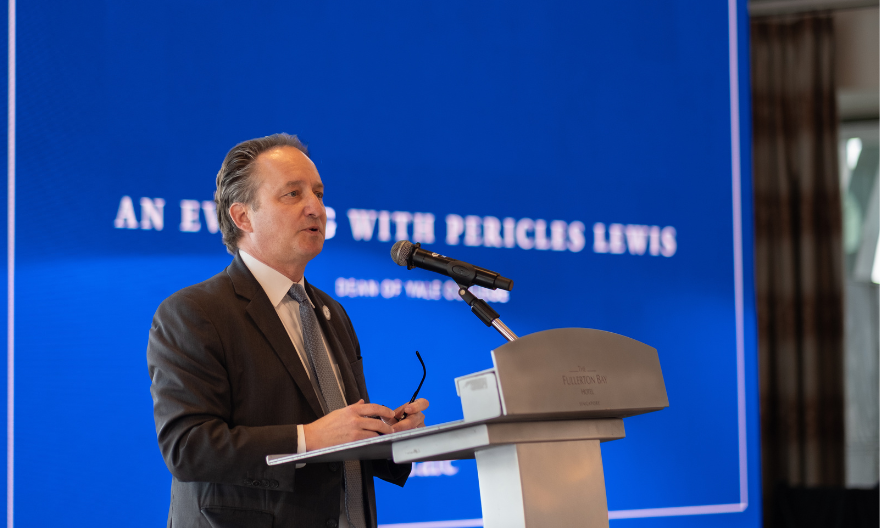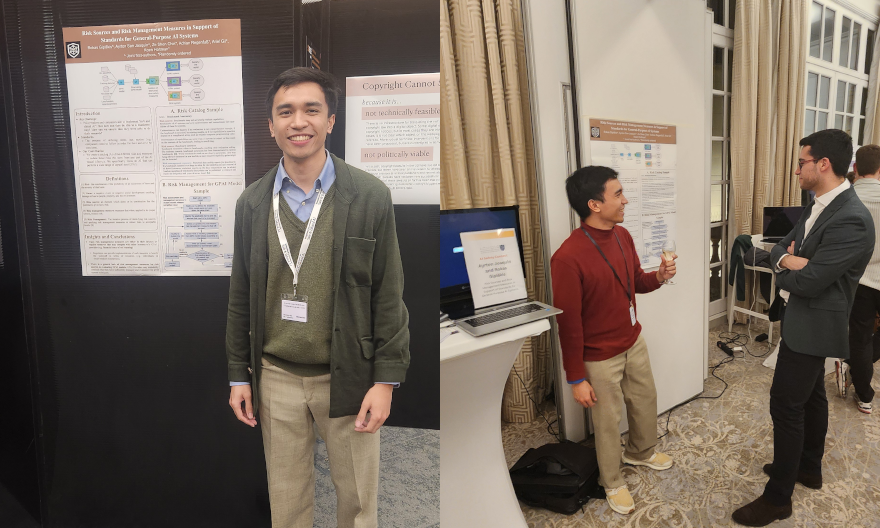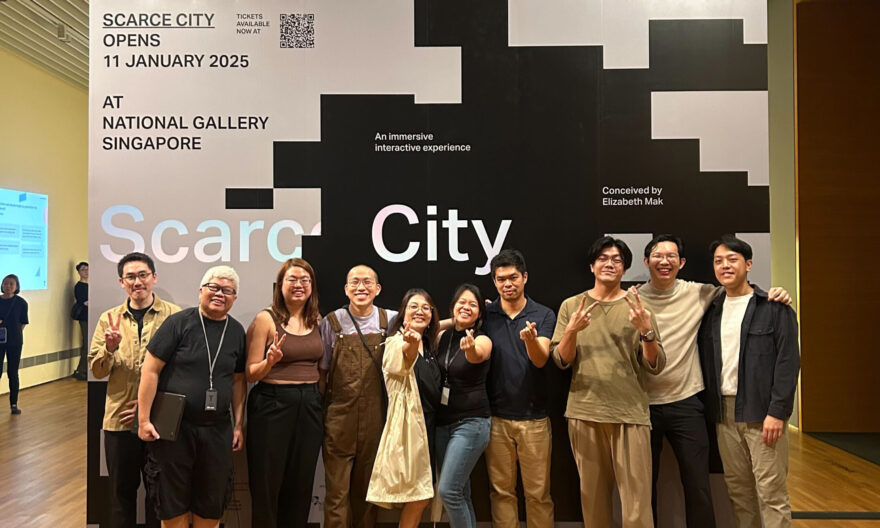Yale-NUS alumni explore post-graduate studies and diverse career pathways
At Yale-NUS College, the liberal arts and sciences curriculum encourages students to pursue intellectual excellence and strive to bring about positive change in society. We spoke to three alumni about how their four years in college have prepared them for their post-graduate studies and impacted their chosen pathways.
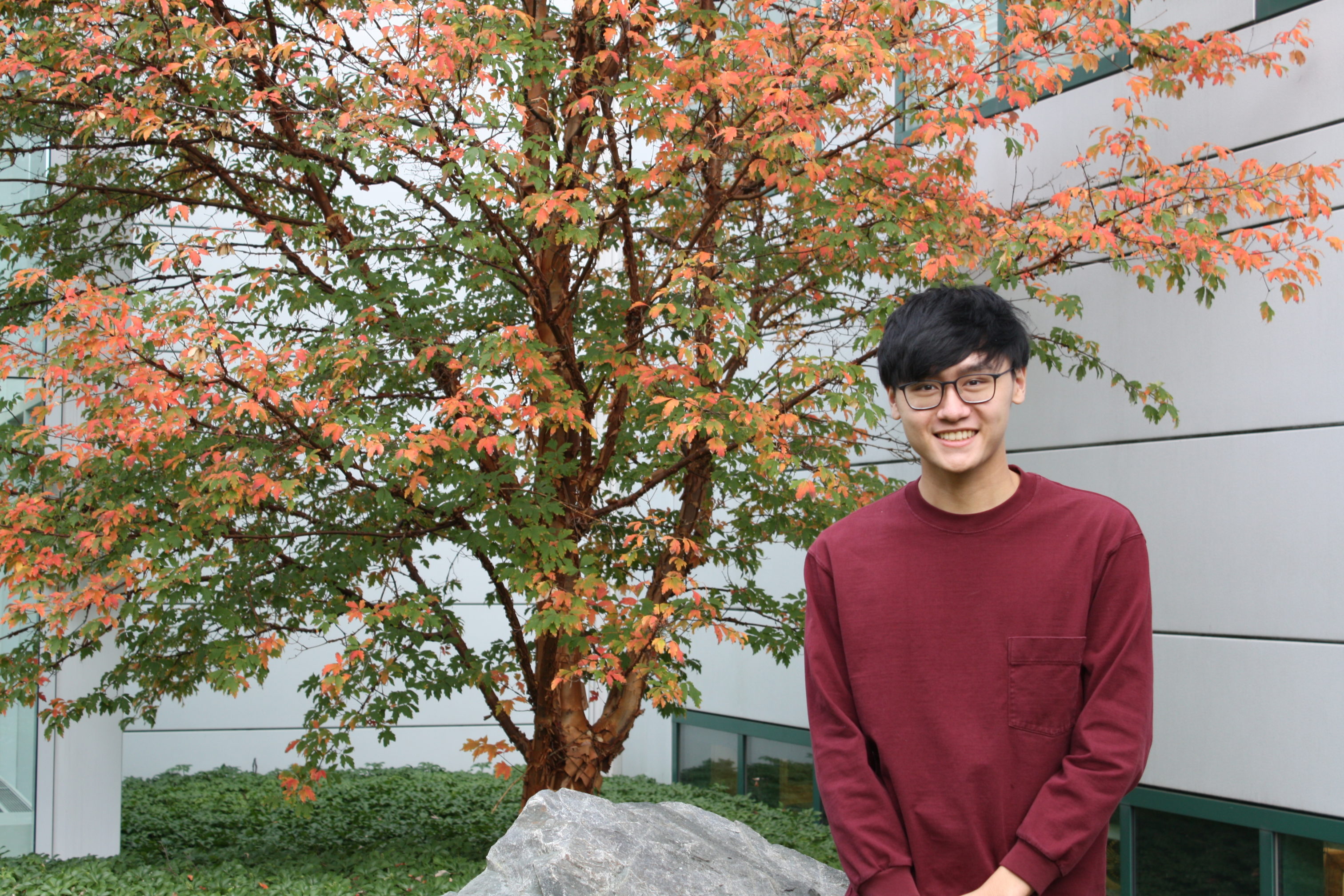 Nawat Bunnag (Class of 2019) is currently pursuing cancer studies research, a topic that he gained interest in when he conducted undergraduate research at Yale-NUS. Image provided by Nawat and taken at Dartmouth College.
Nawat Bunnag (Class of 2019) is currently pursuing cancer studies research, a topic that he gained interest in when he conducted undergraduate research at Yale-NUS. Image provided by Nawat and taken at Dartmouth College.
Nawat Bunnag (Class of 2019), a Life Sciences graduate, is currently pursuing a doctorate in Molecular and Cellular Biology at Dartmouth College. He also works at two prestigious labs, Ahmed and Kettenbach, where he studies how post-translational modification events, such as phosphorylation (a biochemical process that involves the addition of phosphate to an organic compound), can alter signalling pathways in cancer cells.
Nawat shared that his interest in research was sparked by his experiences at Yale-NUS, where he spent much of his time working in different laboratories. He learnt different lab techniques and grew interested in how he could tackle different scientific problems.
“Yale-NUS professors put immense faith in guiding undergraduate researchers. Some of us (including myself) had to be trained from scratch, so I can truly say that the amount of time and dedication that the professors put into my training is the only reason why I am remotely prepared for graduate school. They equipped us with skills and techniques that you would associate more closely with a graduate level programme,” Nawat explained.
On his most memorable takeaway from Yale-NUS, he reflected on the time when Associate Professor of Science (Life Sciences) Nicholas Tolwinski arranged for him to attend the 2018 conference on the Wnt signaling pathway (a research interest which is currently still pursuing at Dartmouth) in Heidelberg, Germany.
“Having the chance to present my work as an undergraduate researcher to experts around the world was incredibly humbling. It taught me to appreciate the hard work and dedication that people put into science and the exposure I gained there and during my time at Yale-NUS ignited my passion to continue working in the sciences,” he said.
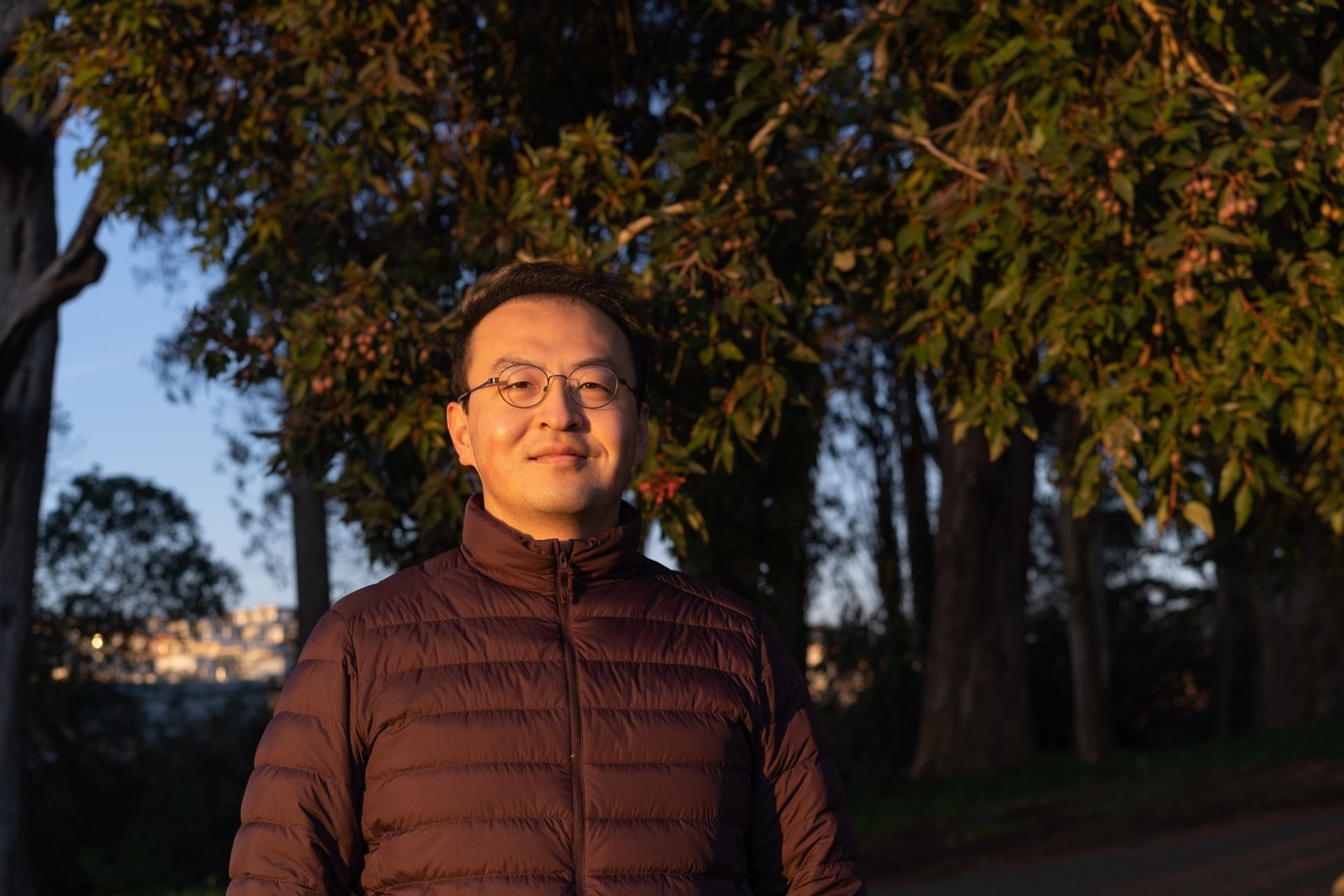 Xie Yihao (Class of 2017) credits his time at Yale-NUS for sparking his intellectual interest in environmental policymaking. Image provided by Yihao and taken in San Francisco.
Xie Yihao (Class of 2017) credits his time at Yale-NUS for sparking his intellectual interest in environmental policymaking. Image provided by Yihao and taken in San Francisco.
Xie Yihao (Class of 2017), an Environmental Studies graduate, worked with former Assistant Professor of Social Sciences (Environmental Studies) Angel Hsu at Data-Driven EnviroLab from 2017 to 2019 and completed a Master of Environmental Management programme at Yale School of Forestry & Environmental Studies in May 2019. He is currently an Associate Researcher at the International Council on Clean Transportation, where he conducts scientific research, policy reviews and advises government regulators on effective and stringent standards to reduce greenhouse gas emissions and air pollution from transportation activities.
His decision to pursue graduate studies stemmed from the intellectual curiosity that the Yale-NUS curriculum sparked in him. In his sophomore and junior years, classes like Theory and Practice of Environmental Policymaking and Environmental Policy and Law helped him to appreciate the complex relationship between humanity and nature.
“I was taking these classes during a time of prolonged haze in Singapore caused by peat fires in Indonesia. That experience latched onto my newly discovered intellectual and academic lens, and ignited my interest for human health and the environment, a subject that I continued to study at Yale during my master’s, and an important topic in the work I do today,” he shared.
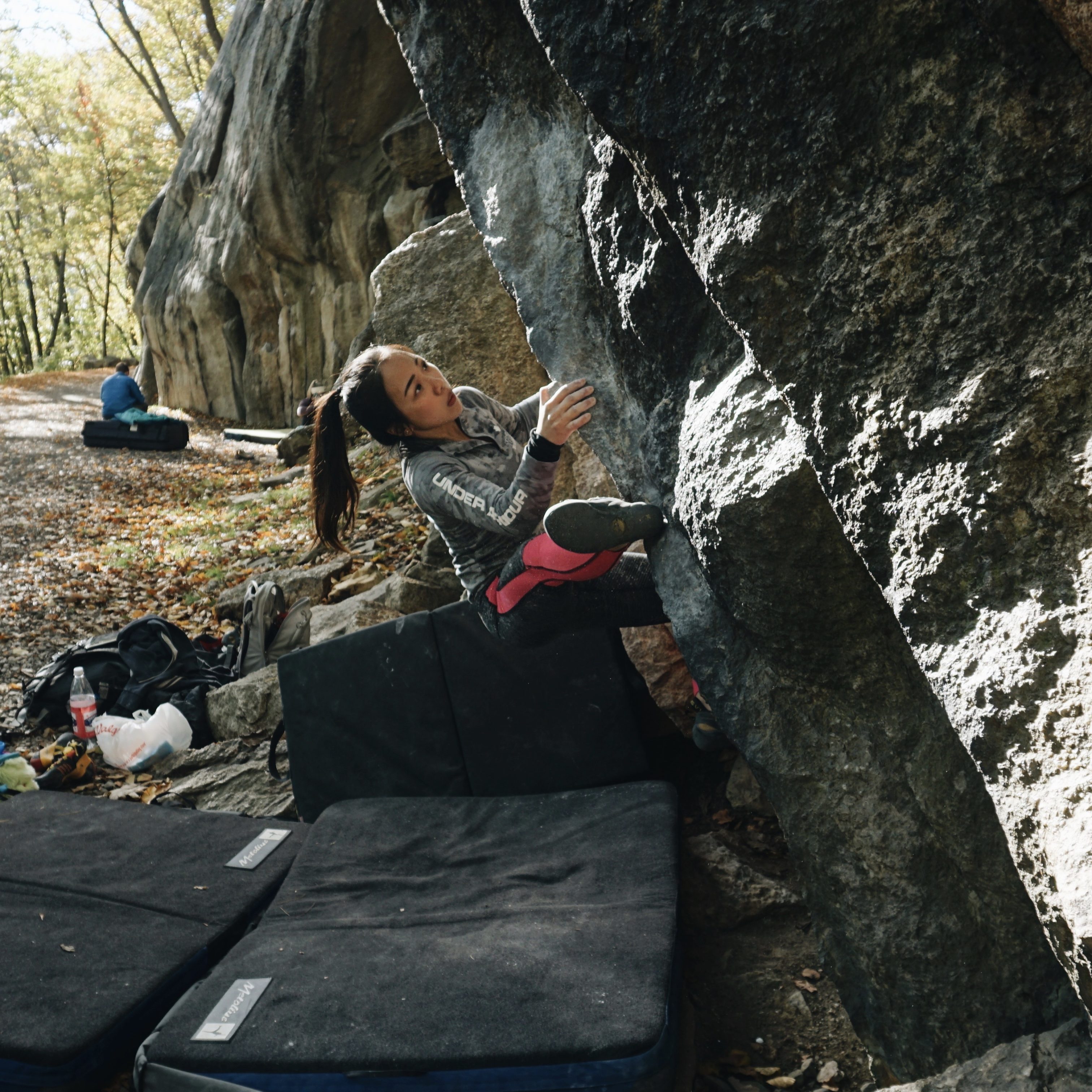 Gin Ong (pictured here bouldering outdoors) discovered her passion for data science while writing her capstone at Yale-NUS. Image provided by Gin Ong and taken in the United States.
Gin Ong (pictured here bouldering outdoors) discovered her passion for data science while writing her capstone at Yale-NUS. Image provided by Gin Ong and taken in the United States.
Gin Ong (Class of 2019), a Mathematical, Computational and Statistical Sciences (MCS) graduate, discovered her interest in data science during her time at Yale-NUS and went on to complete a Master of Science programme in Computational Science and Engineering at the Massachusetts Institute of Technology (MIT) in 2020.
“The interdisciplinarity of liberal arts and the MCS major made me realise that there was so much I could learn about the intersection between Mathematics, Computer Science and Statistics. My capstone advisor, former Assistant Professor of Science (Mathematics) Matthew Stamps, learnt about my interest, and suggested that I write a capstone on “Applications of Machine Learning to Ramsey Theory”, where I trained artificial neural networks to produce a proof-of-concept of a general solution to an open problem in that branch of Mathematics. As I was working on my capstone, I realised that I wanted to explore applying my knowledge to other domains as well,” she explained.
This desire drew her to pursue a master’s degree at MIT. During the programme, Gin had the opportunity to take data science classes and work on projects in a wide range of domains, ranging from transport and crime to physical sciences. These have collectively benefited her current career as an Associate Data Scientist at GovTech Singapore, where she collaborates closely with other government agencies to use data science to inform policymaking, enhance service delivery and improve internal operations.
Reminiscing on her time at Yale-NUS, Gin shared how Yale-NUS’s rigorous curriculum and intimate learning experience moulded her beyond the academic sense – and prepared her for a career in the civil service.
“I was enrolled in a class (Level 4000, Galois Theory taught by Emeritus Professor of Science (Mathematics) Jon Berrick) in which I was the only student! It was definitely not easy having a few people to work on problem sets with, on top of the many extra-curricular activities I was actively involved in. But, the process made me a more tenacious person. I realised that any limits I felt I had were self-imposed, and that failure is critical to growth. This is something that I still remind myself of every day,” she said.

